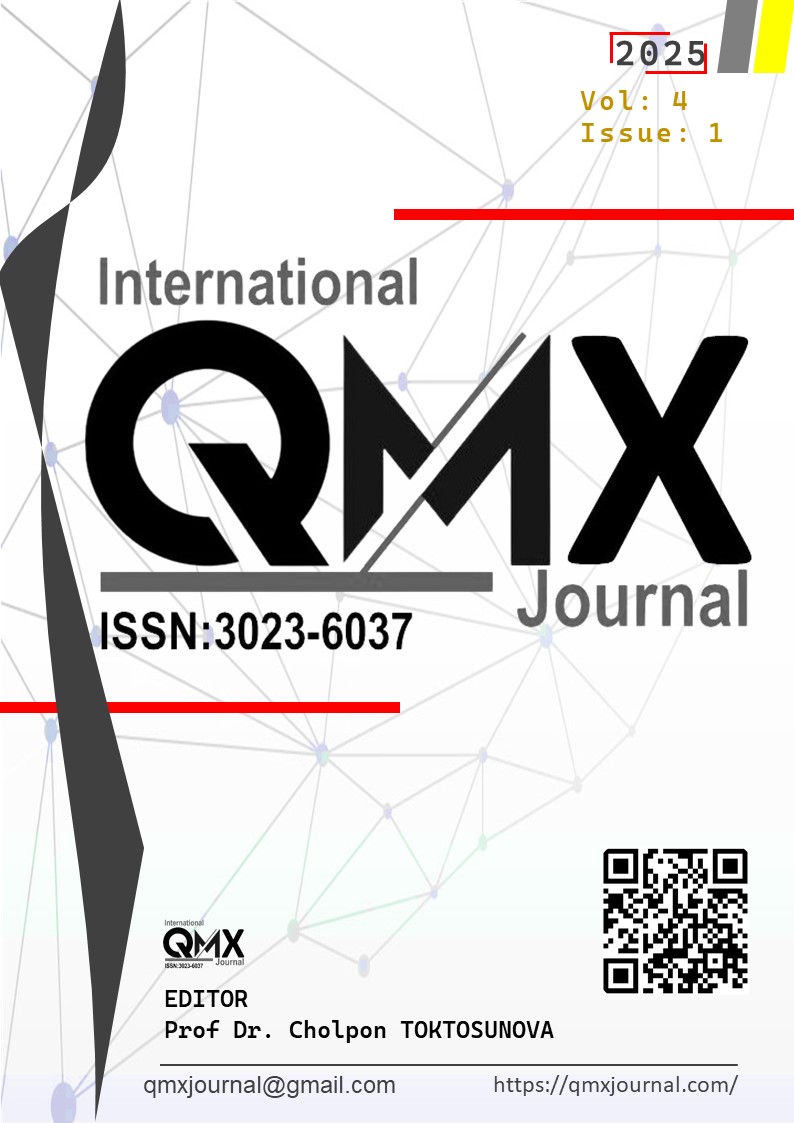Author :
Abstract
Bu çalışma, hibrit eğitim modelinin eğitim sistemlerindeki rolünü, akademik başarıya etkisini, öğrenci motivasyonu üzerindeki katkılarını ve dijital okuryazarlık becerilerini geliştirme potansiyelini ele almaktadır. Hibrit eğitim modeli, geleneksel yüz yüze öğretimi çevrim içi öğrenme ile entegre ederek, eğitim süreçlerine esneklik kazandırmakta ve öğrenci merkezli bir öğrenme ortamı sunmaktadır. Çalışmada, hibrit eğitimin bireyselleştirilmiş öğrenme fırsatları sunduğu ve öğrencilerin akademik performanslarını artırdığı vurgulanmaktadır. Ayrıca, öğrenci motivasyonunun artırılması, dijital platformlar aracılığıyla aktif katılım sağlanması ve öğrenme süreçlerinin daha verimli hale getirilmesi hibrit eğitim modelinin temel avantajları arasında yer almaktadır. Yapay zeka ve büyük veri analitiği gibi teknolojik yeniliklerin hibrit eğitimde kullanımının eğitim süreçlerini daha etkili hale getirdiği belirtilmektedir. Eğitim politikaları açısından hibrit modelin sürdürülebilirliği, dijital erişimin yaygınlaştırılması, öğretmenlerin dijital pedagojik becerilerinin geliştirilmesi ve eğitim süreçlerinin sürekli iyileştirilmesi ile mümkün olabilmektedir. Sonuç olarak, hibrit eğitim modeli, eğitimde esneklik, bireyselleştirilmiş öğrenme ve teknolojik entegrasyon açısından önemli bir dönüşüm sağlayarak, geleceğin eğitim sistemlerinde kalıcı bir yer edinmektedir.
Keywords
Abstract
This study examines the role of the hybrid education model in education systems, its impact on academic achievement, its contribution to student motivation and its potential to develop digital literacy skills. The hybrid education model integrates traditional face-to-face teaching with online learning, adding flexibility to educational processes and providing a student-centered learning environment. The study emphasizes that hybrid education offers individualized learning opportunities and improves students' academic performance. In addition, increasing student motivation, enabling active participation through digital platforms and making learning processes more efficient are among the main advantages of the hybrid education model. It is stated that the use of technological innovations such as artificial intelligence and big data analytics in hybrid education makes educational processes more effective. In terms of education policies, the sustainability of the hybrid model can be possible by expanding digital access, improving teachers' digital pedagogical skills and continuously improving education processes. As a result, the hybrid education model provides an important transformation in terms of flexibility, individualized learning and technological integration in education and gains a permanent place in the education systems of the future.





